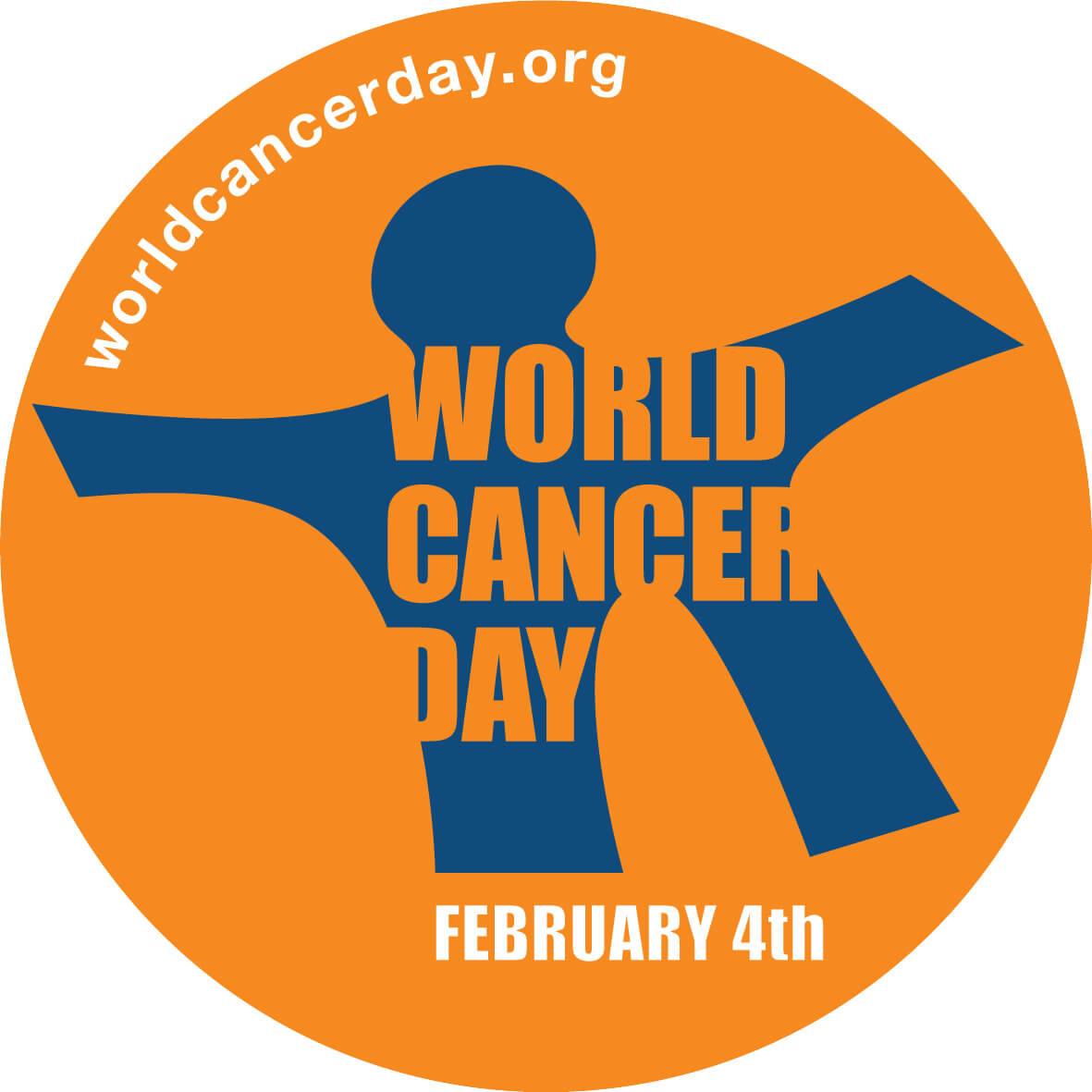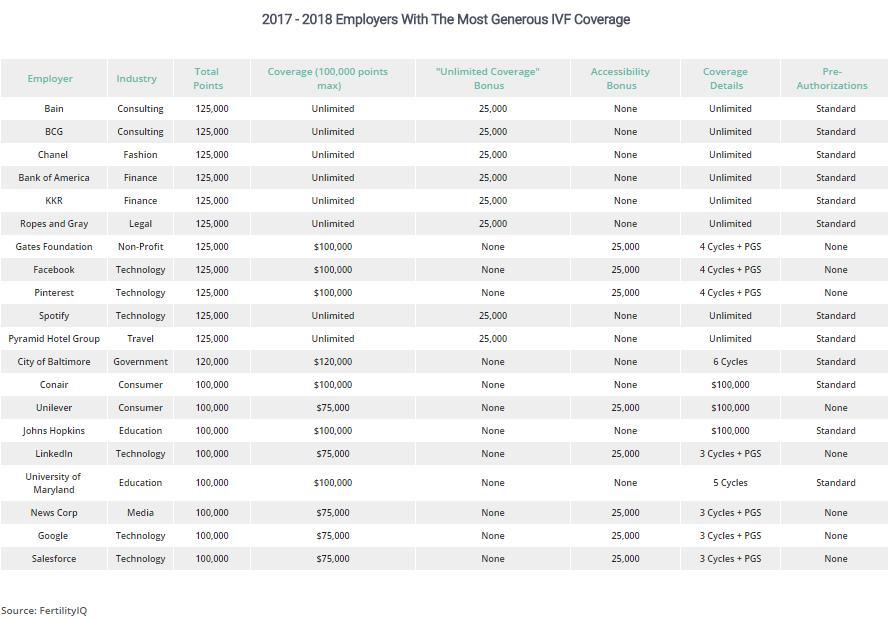Today, March 2, is Read Across America Day — and, to get in the spirit, we’ve gathered some of the best surrogacy books available to put on your reading list now and for months to come.
Whether you’re looking for books to share with your children or informational books to help you learn more about the surrogacy process, celebrate Dr. Seuss’ birthday with some suggestions below.
Surrogacy Books for Children
Books can be a great way to introduce the idea of surrogacy to children in an age-appropriate way. Here are some you may consider:
- The Very Kind Koala: A Surrogacy Story for Childrenby Kimberly Kluger-Bell
- Hope & Will Have a Baby: The Gift of Surrogacyby Irene Celcer
- The Kangaroo Pouch: A Story about Surrogacy for Young Childrenby Sarah Phillips Pellet
- Sophia’s Broken Crayons: A Story of Surrogacy from a Young Child’s Perspective by Crystal A. Falk
- Sacha, the Little Bright Shooting Star: The Story of Surrogacyby Sofia Prezani
- More Than Four by Katie Carone
- Wanted: A Journey to Surrogacy by Carolina Robbiano
- A Turtle’s Tale by Crystal Henry
- I Am Extra Special: 21st Century Guide to the Birds and the Bees by Bel Messer and Rosie Luik
- The Chicken Who Couldn’t Lay Eggs by Sabine de Brus and Taylor Brandon
- The Twin Kangaroo Treasure Hunt: A Gay Parenting Story by Carmen Martinez Jover
- Gal and Noah’s Daddies by Shosh Pinkas
- My Mom is a Surrogate by Abigail Glass
Surrogacy Books for Adults
If you’re looking to learn more about the surrogacy process, either as an intended parent or a prospective surrogate, you may consider these titles:
- United By Love: A Happy Adopted Child by Victoria Rikede
- Everything Conceivable by Liza Mundy
- Surrogacy: An Essential Guide to the Surrogacy Process, Surrogacy Costs and Finding a Surrogate Mother by Dianne Whitfield
- Successful Surrogacy: An Intended Parents’ Guide to a Rewarding Relationship with their Surrogate Mother by Susan MZ Fuller
- Labor of Love: Gestational Surrogacy and the Work of Making Babies by Heather Jacobson
- Planning Parenthood: Strategies for Success in Fertility Assistance, Adoption and Surrogacy by Rebecca A. Clark
- Pathways to Parenthood: The Ultimate Guide to Surrogacy by Stacy Ziegler
- Surrogacy Was the Way: Twenty Intended Mothers Tell Their Stories by Zara Griswold
- The Sacred Thread: A True Story of Becoming a Mother and Finding a Family – Half a World Away by Adrienne Arieff
- Considering Surrogacy by Lisa Oliver
- Bringing in Finn: An Extraordinary Surrogacy Story by Sara Connell
- IVF A Detailed Guide: Everything I Wish I Had Known Before Starting My Fertility Treatments by Bianca Smith
- IVF: A Patient’s Guide by Rebecca Matthews
Remember, if you ever want to learn more about surrogacy, you can talk to the specialists at American Surrogacy anytime. We can answer any questions you have about this family-building process and, when you’re ready, start you on a journey to meet your personal surrogacy goals.
Contact our agency today at 1-800-875-2229(BABY) or submit our online form here.





